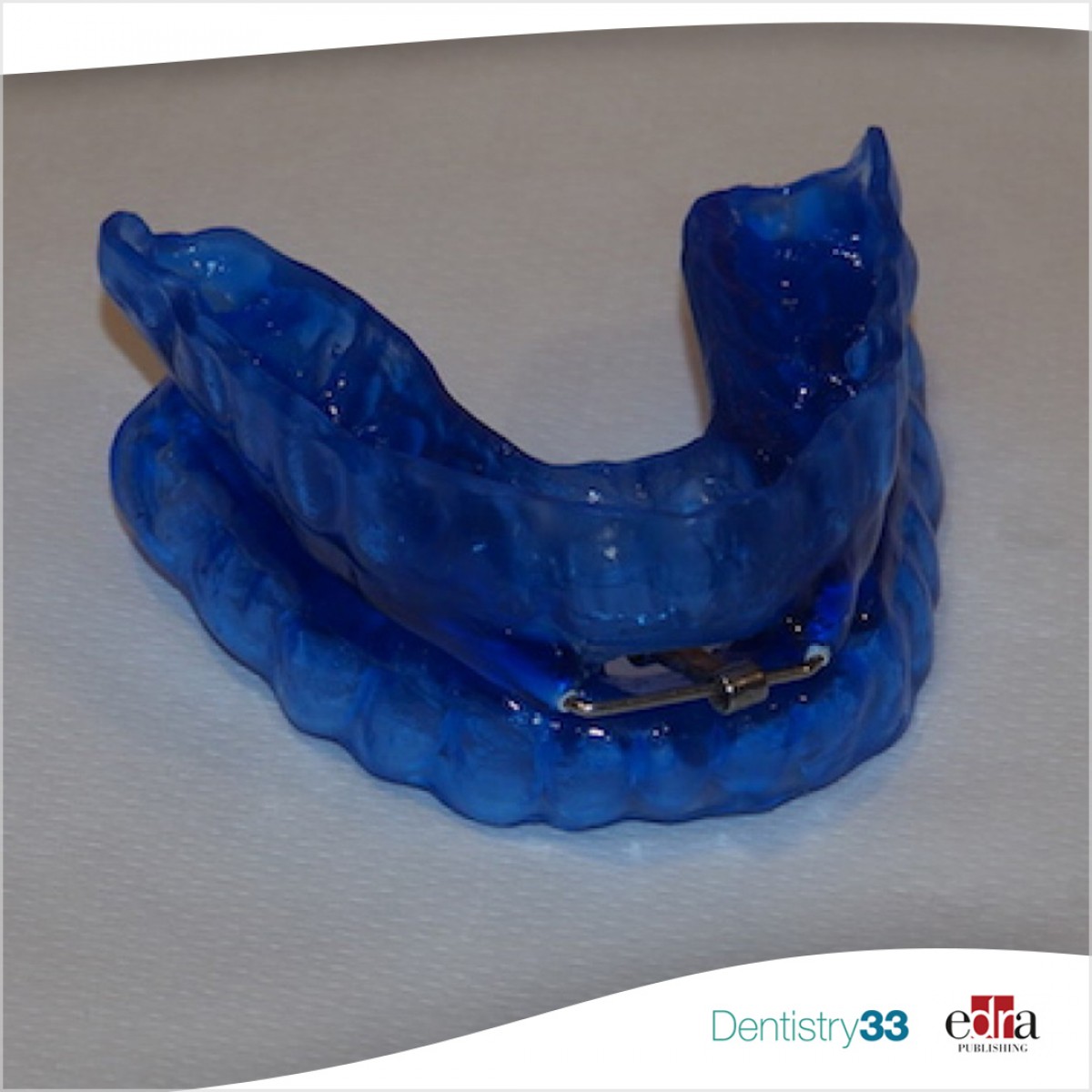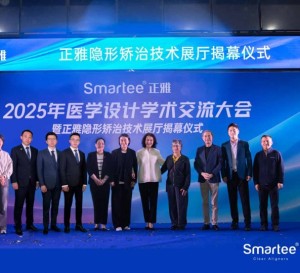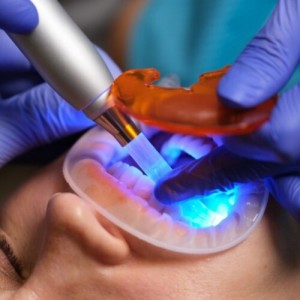
The role of the orthodontists in OSA
Davide Elsido
There is increasing interest in the role of the orthodontist both in screening for obstructive sleep apnea (OSA) and as a practitioner who may be valuable in the multidisciplinary management of OSA in both children and adults. Although OSA can be definitively diagnosed only by a physician, the orthodontist may be called on to screen for OSA, contribute to the identification of underlying dentofacial components, and assist the physician in managing the disease. In the July 2019 issue of the journal The American Journal of Orthodontics and Dentofacial Orthopedics an article was published by a board of experts in sleep to address the management of obstructive sleep apnea. You can easily read the full article in the AJODO website.
The conclusions that they made are very important for the everyday dental practice. Here is an excerpt with the recommendations that the authors want to convey to the reader. Obstructive sleep apnea is a medical disorder that can have many serious consequences if left untreated. OSA can affect adults and children and can present at any point in the lifespan. All orthodontists should consider incorporating OSA screening into their history-taking and examination of patients. When an orthodontist has a clinical suspicion that a patient may have OSA, it is strongly recommended that referral to a physician be made; a sleep medicine physician is preferred. The definitive diagnosis of OSA should be made by a physician. Individual orthodontists may elect to participate in the treatment and monitoring of OSA patients as appropriate and permissible under applicable laws, standards of care, and insurance coverages.
1. It is strongly recommended that orthodontists be familiar with the signs and symptoms of OSA.
2. It is strongly recommended that orthodontists screen patients with regard to the signs and symptoms of OSA. A thorough history and clinical examination are critically important in that they establish the presence of preexisting conditions, a basis for diagnosis, the need for referral, and a baseline for evaluating the effects of treatment.
3. It is strongly recommended that the orthodontist refer patients with risk factors for OSA to a physician for further evaluation and a definitive diagnosis. A sleep medicine physician is preferred.
4. It is recommended that the orthodontist refer pediatric patients with nasal obstruction or adenotonsillar hypertrophy to an otolaryngologist.
5. It is recommended that the orthodontist refer adult patients to an otolaryngologist when nasal obstruction or adenotonsillar hypertrophy is present.
6. The decision for an orthodontist to participate in the treatment of OSA is a choice that should be made based on interest as well as training, skills, experience, laws, standards of care, and insurance coverage applicable to the orthodontist.
7. If involved in the treatment of OSA, an orthodontist should monitor OA (Oral Appliance) treatment efficacy.
8. An orthodontist may elect to manage adverse side effects of OA therapy.
9. No orthodontic treatments have been shown to cause or increase the likelihood of OSA. Rather, some forms of orthodontic treatment have been shown to be important in the treatment of OSA.
10. Interdisciplinary treatment of OSA helps to serve the best interests of patients with OSA.
In the picture, an oral appliance suited for this kind of condition. We will discuss more about these appliances in the soon future.
 Tag
Tag
 Related articles
Related articles
Orthodontics 09 February 2026
Comprehensive orthodontics to a boy with Down syndrome, Class III, impacted canine and endocarditis
The Down syndrome (DS) is a congenital anomaly, affecting individuals of either gender and it is associated with an extra copy of the chromosome 21. The objective of this case report was to describe...
Orthodontics 27 November 2025
Endodontically treated teeth may be moved, as endodontic treatment is not a contraindication for orthodontic treatment.
Products 19 November 2025
Smartee Denti-Technology has unveiled the Smartee Digital Orthodontic Technology Exhibition Hall, a 1,200-square-meter space dedicated to showcasing the company’s innovations in clear aligner...
Orthodontics 12 November 2025
Effectiveness of dental monitoring system in orthodontics: A systematic review
Dental monitoring (DM) constitutes a recent technological advance for the remote monitoring of patients undergoing an orthodontic therapy.
Orthodontics 08 October 2025
The field of orthodontics in its new era is venturing ahead to more up-to-date technological point of view.
 Read more
Read more
Restorative dentistry 13 February 2026
Integrating Laser Technology with CAD/CAM for Advanced Smile Design in Dentistry
This study aimed to evaluate the effectiveness of integrating laser treatment with CAD/CAM systems in restoring dental function and aesthetics in a 35-year-old male patient suffering from bruxism.
Editorials 13 February 2026
The SRG is UFCD’s student‑run chapter of the American Association for Dental, Oral and Craniofacial Research, or AADOCR.
Products 13 February 2026
Parkview Dental, a leading Dental Support Organization committed to providing comprehensive management services to dental practices, announced the appointment of Lisa Burris as its new Director of...
News 13 February 2026
DentaQuest, part of Sun Life U.S., recently announced the appointment of Dr. Ronke Ogunbameru as dental director for Texas, where the organization covers more than 1.4 million Medicaid and CHIP...
News 13 February 2026
Unlock CE Credits by Reading One Move Makes All the Difference
Dental professionals can now earn 4 hours of continuing education credit by reading One Move Makes All the Difference by Martin R. Mendelson, DDS, FIADFE, CPC. Dr. Mendelson and Metamorphosis...














